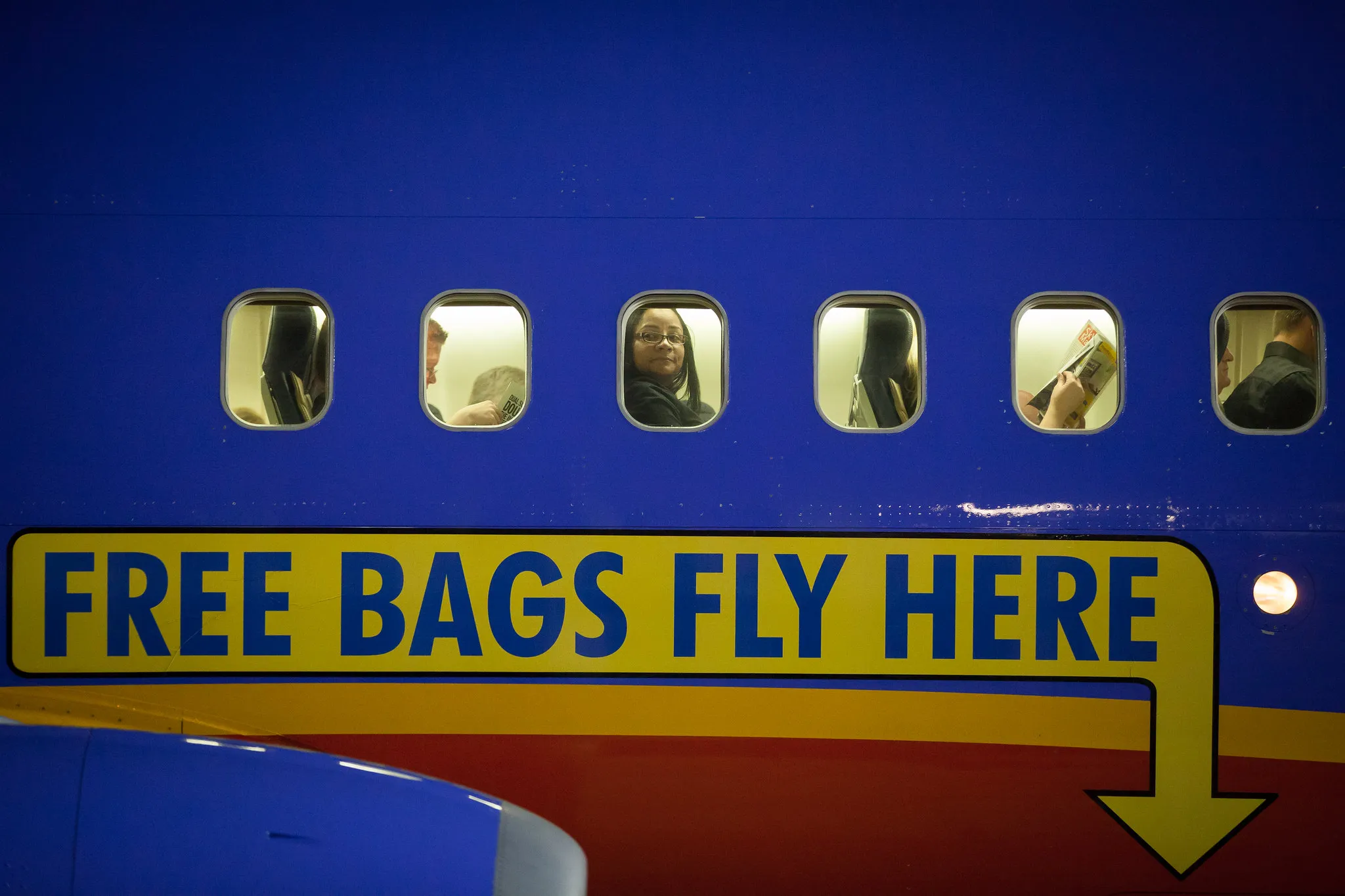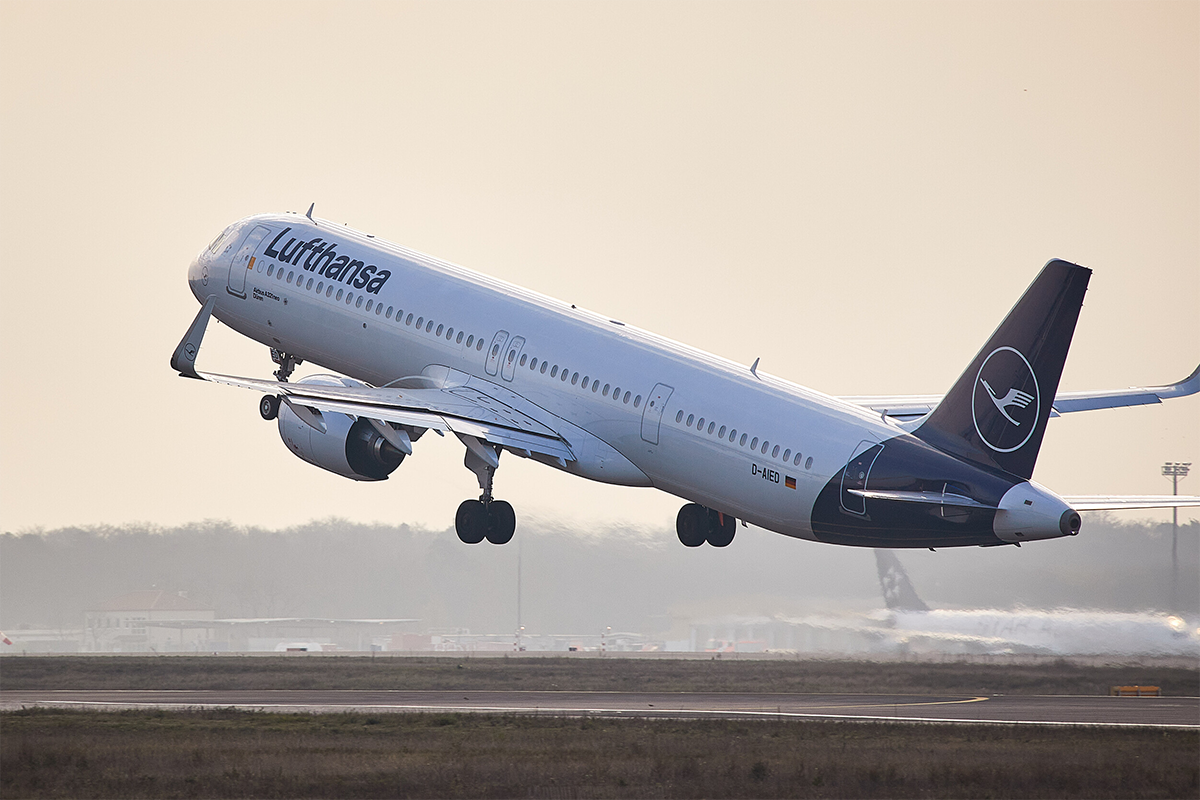Simplifying Booking Friction for Tour Operators on the Digitization Gap

Skift Take
Tour operators need to make serious inroads into tech adoption to capitalize on the forced digital offshoots created by the pandemic. A Skift 2023 Megatrend forecasts that the global tours and activities software market is set to skyrocket, with a projected value of $1.2 billion by 2026.
And while the figure seems staggering, it's reflective of the hard truth that some 50 percent of operators don't have a digital booking system and will need to move quickly to make the most of recovering markets. Hence, the friction, as traveler see saw between the old and the new.
The estimated $1.6 trillion air, hotel and cruise markets are sold via connected, electronic systems that work seamlessly together.
The experience economy's lack of digitization and fragmentation amplifies the pitfalls of high operational costs due to manual processes. On one end of the spectrum, the customer experience could be better with gate-readable tickets as an example. And at the other end, companies cannot manage yield effectively while facing a vast fraud risk.
Reduced booking friction is a pivotal place to stop consumers from yoyoing online to offline and everything else paper-based in between while allowing operators to grow and scale efficiently.
Developing a Modern Online Booking/Ticketing System
In a perfect world, tour operators (even those without a programing interface, so-called API, or digital presence) have access to a digital ticketing system that offers seamless connectivity to all third parties that resell tickets, with the added benefit of bookings and gate-readable barcodes, while allowing them to manage distribution through live rates and inventory.
Enter Redeam, A go-between system to connect offline tour operators with online resellers with it's one-size-fits-almost-all approach. .
According to Jon French, who oversees business development for Redeam, the company has completed over 250 integrations, including some of the world's most iconic theme parks, as well as the "smaller two-kayak guy working from their garage and only using excel and a manual booking system."
Removing Customer Acquisition Friction
Redeam customer Captain Book is an in-destination business-to-business marketplace for travel experiences that recently raised €250,000 ($302,435) on SeedBlink. The company found Redeam to be the perfect software optimization solution.
Small operators are the company's niche and they currently have a base of 300 customers selling 540 products. However, they also just acquired iOutdoor Adventures, one of the largest fishing tours in the U.S.
Redeam lets them connect their operators to large online travel agencies like GetYourGuide, Project Expedition, Viator, and Civitatis, said founder Jerome Bajou.
Bajou, who oversaw the integration, said there was no value in building their own system.
"We create a marketplace for hotel concierges for example, who might not be familiar with local experiences, together with the digital system to book and full the ticket issuing on their side."
Captain Book's value proposition became more appealing as operators were not prepared to "leave the bigger OTA (online travel agency) piece of cake on the table by coming over. It was just too risky," he said.
"I don't think at the moment there's another channel manager at the moment in the sense of what Redeam is doing. The system is well designed and requires a fair amount of development, but once started it was crazy fast. From start to finish, it took a month. Being a nimble start-up certainly made it easier."
If there was one feature Redeam could work on, it would be to "expand its synchronization on live pricing which was only available on GetYourGuide when he did the development in 2022," Bajou said.
Simple Interim Solutions to Complex Customization
Noting the high number of operators who don't have a booking system yet, Redeam has also created a platform that enables the likes of the two-kayak operator to load inventory into their system that is compatible with third-party sellers. It gives them immediate access to third-party bookings while taking the headache out of having to manage them otherwise, said French.
"It's an interim solution. There's no complex bells and whistles, which a lot reservation systems will provide."
As they grow and scale, French said it makes sense for them to then switch to one of the off-the-shelf reservation systems or build their own. Redeam currently connects to 40 of an estimated 180 different reservation systems the company is tracking.
The majority of smaller customers' connectivity requirements for their digital booking system are fairly uniform. "They need availability, bookings, time slots and capacity," he added.
French notes Redeam solutions are customizable to the complexity of its customers.
For instance, distribution for a major events ticketing company with contracted venues, sports teams and live national events requires reserved seating and seating maps. Another helicopter tours company in Las Vegas needed the weight of its passengers factored into its booking system.
Whether large or small, tour operators should carefully weigh their software solutions, or continue to walk the gauntlet of fragmentation as customers gravitate towards better booking experiences.
CORRECTION: An earlier version of this story said that Redeam and CaptainBook.io currently offer reselling connectivity to Airbnb. They do not.




